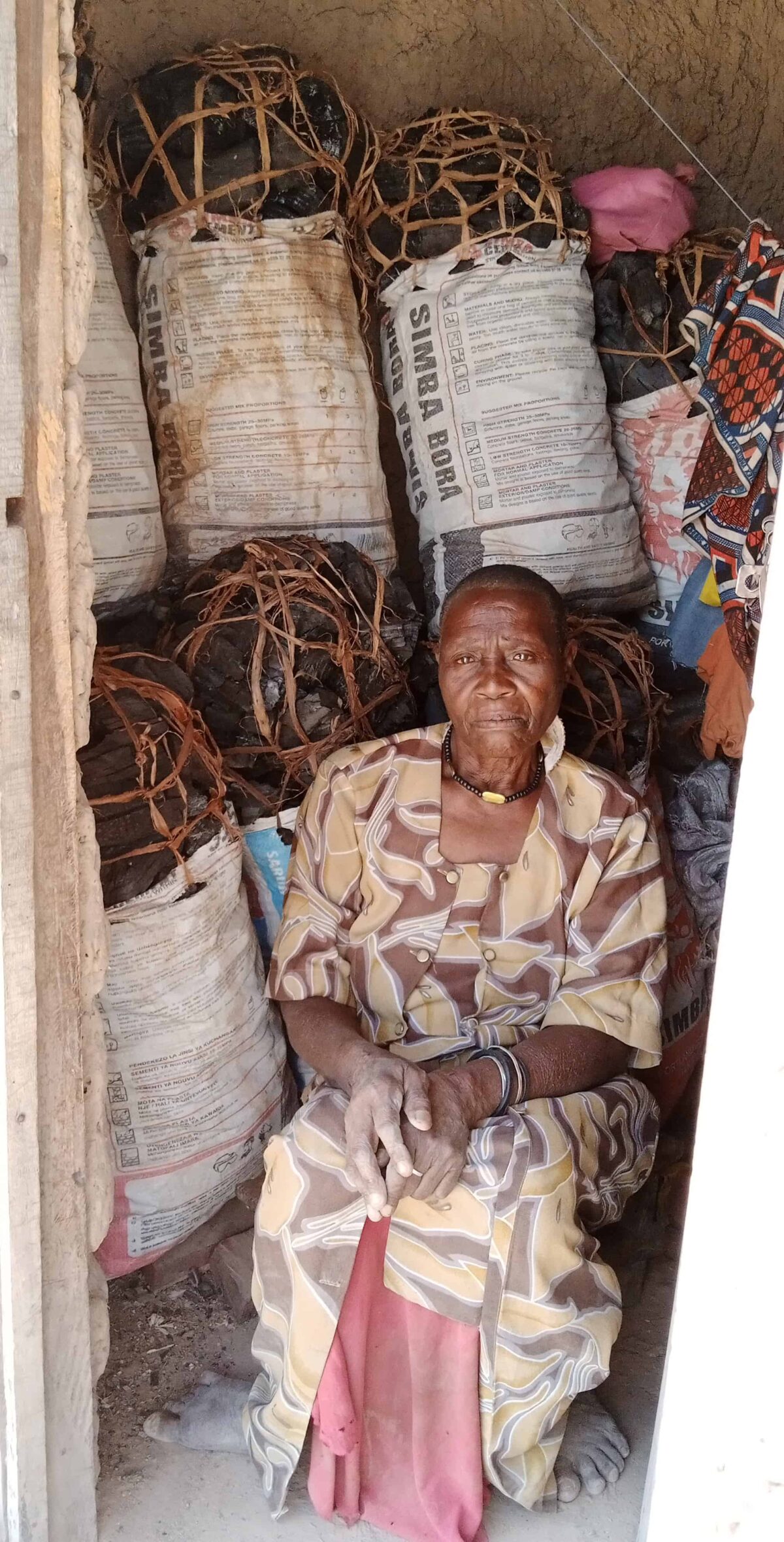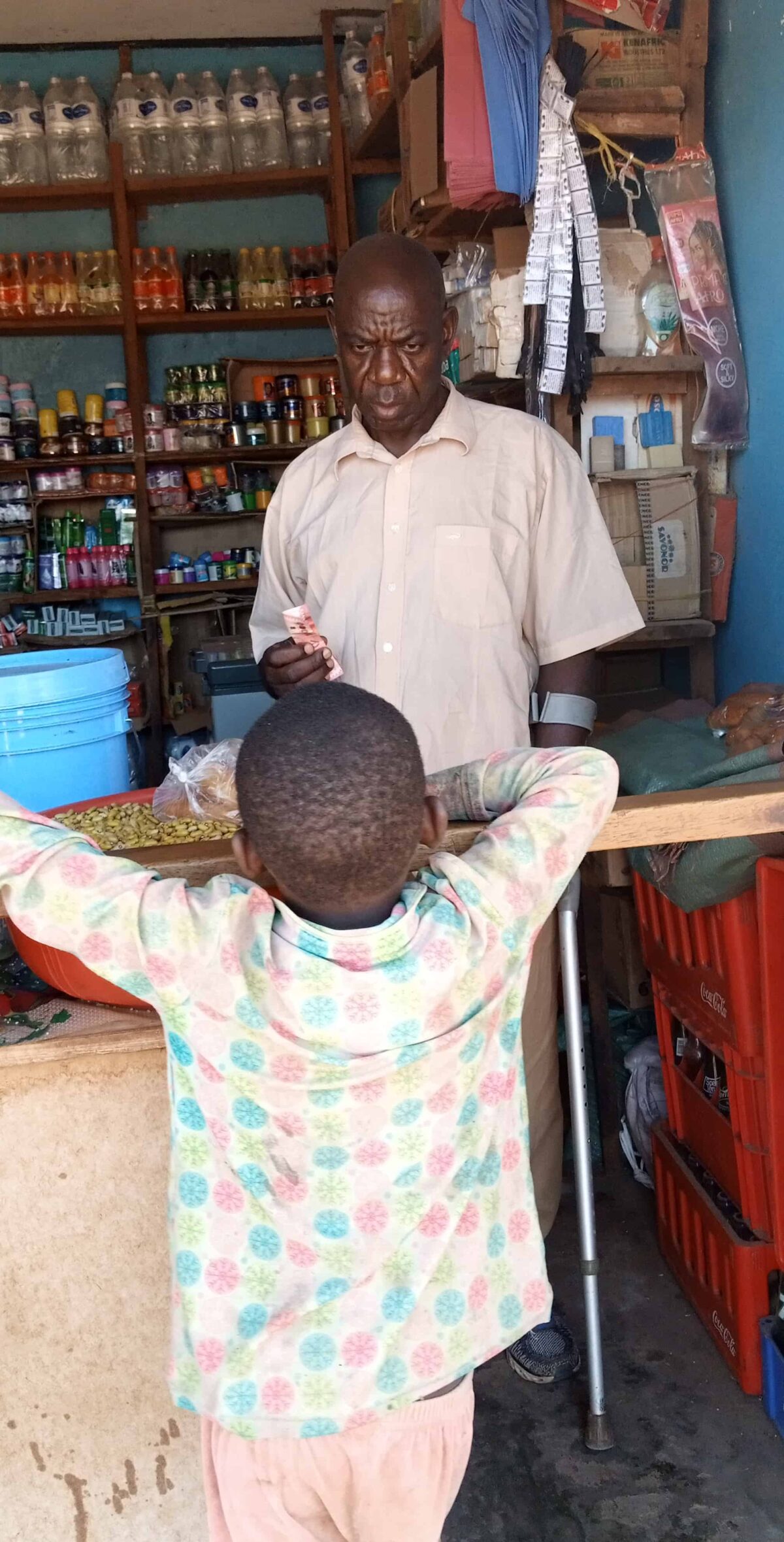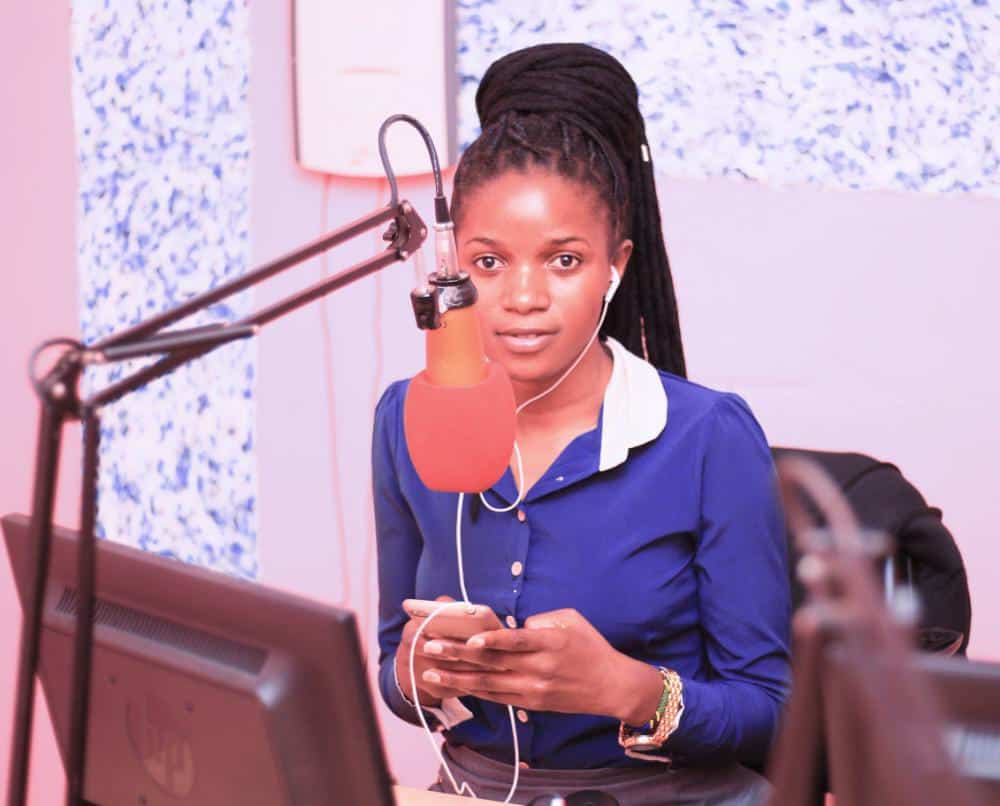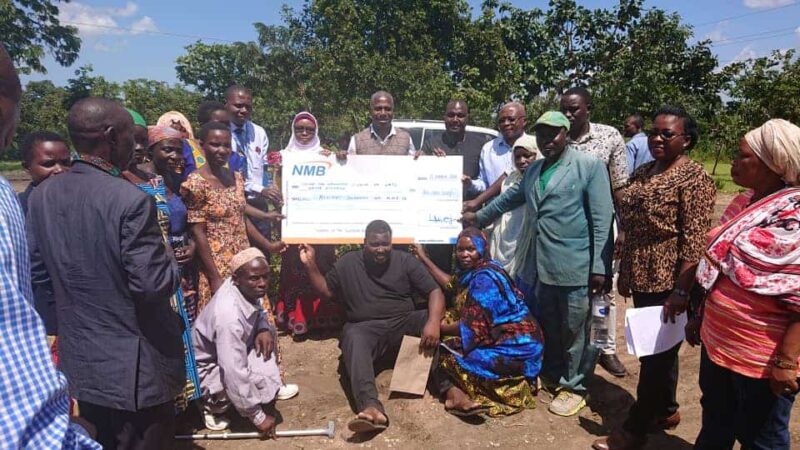From securing a loan for a disability group to helping an abused child, journalists in two communities in Tanzania make a difference by reporting on local issues
A loan comes through after a story is aired
“In the past, whenever we went to the district council to follow up on our loan application, we’d wait hours or be ignored,” says Elias Kashinyalaye, Secretary of the Ruchugi Disability Group (RDG) in Uvinza, Tanzania. “But once Editha started covering our story, everything changed.”
In June 2020, the twelve members of Kikundi cha wenye Ulemavu Ruchugi (RDG) registered at the Uvinza District Council and applied for a loan. The money was supposed to be released under an economic development plan that awards 10 percent of the council’s income to people with disabilities, women, and youth groups.
RDG was expecting the first installment within a few weeks and were planning to use the funds to launch or expand businesses. But after months, they still hadn’t received the funds.
Reporter Editha Leonard works at Uvinza FM, a partner station of Internews, whose Boresha Habari project helps to train and equip journalists in Tanzania. Editha heard about RDG’s loan being delayed and decided to investigate. She says the district council stonewalled her at first, claiming they did not even know about the group.
“But once my story was aired, council officials got moving and soon visited RDG.” The application was approved, and the group secured a loan of 10 million shillings, to be shared equally among its members – seven women and five men.
Asha Lusumo, who has been unable to walk since childhood, says before the loan she had to beg from friends and relatives to survive. Now, with help from her granddaughter, she sells charcoal and has plans to expand her small business.
RDG secretary Kashinyalaye was a farmer until a car accident caused fractures to a leg and ribs. He sold his farm and opened a shop, but lacked capital to stock it properly, which meant few customers. “The loan really boosted business. Now I get so many customers, I don’t even have time to answer my phone!”


Editha Leonard, the journalist, is happy that she is able to help her community. “The training I received enabled me to identify real issues that touch people’s lives and to be persistent when following up.”
Radio Reporter Prompts Investigation of Abused Child
“I noticed a small boy wailing, because a woman was chasing him and beating him with a stick. I shouted in protest and she stopped,” says Dorice Olambo, a reporter who works for Nuru FM in Iringa, Tanzania.
Dorice reported the incident to the ward executive officer who detained the assailant and learned that she was the child’s stepmother.

Dorice then followed up with some inquiries of her own.
“I interviewed the woman’s neighbors and some local officials. Nuru FM aired a story the next day, and the police gender desk contacted me asking for more information.”
Based on Dorice’s reporting, police officers questioned the father and the child and uncovered a pattern of domestic violence and psychological abuse. Inspector Hosea Mwaipopo, head of the police gender desk, says reporters can play an important preventive role. “We want journalists to continue exposing such crimes, so we can rescue children and bring the perpetrators to justice.”
The boy’s former neighbor, Saratini Kinyaga, says Dorice’s report made all the difference. “We [previously] told the local authorities, but they took no action until the story was broadcast on the radio.”
The boy is now living with his grandmother, Asifiwe Kiswaga who said, “Without [the reporter’s] intervention, my grandson would have suffered more. Now he’s safe with me.”
Uvinza FM and Nuru FM are beneficiaries of Internews’ Boresha Habari project in Tanzania, which is funded by USAID and implemented in partnership with FHI 360. It aims to provide an open and inclusive environment in which media and civil society give accurate and impartial information to promote participation, inclusion, and accountability.
